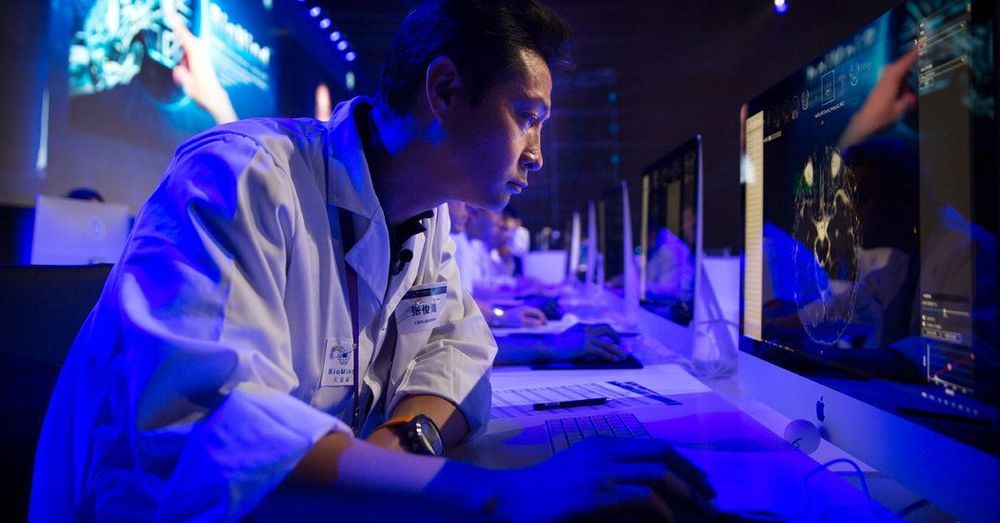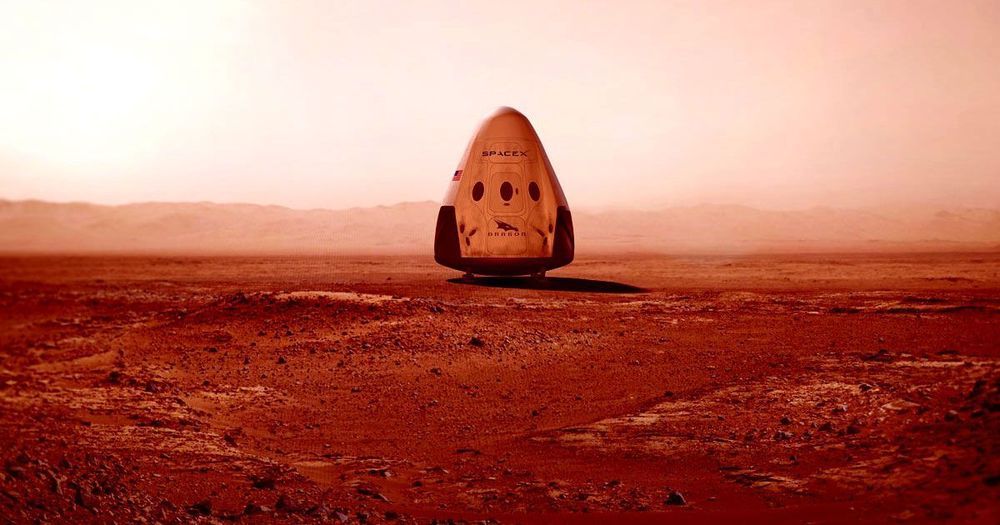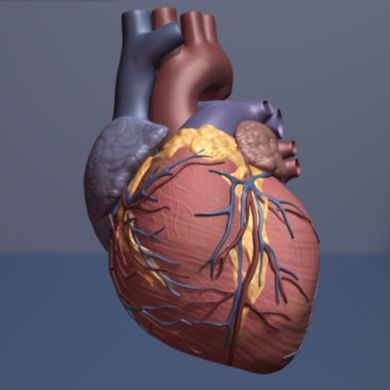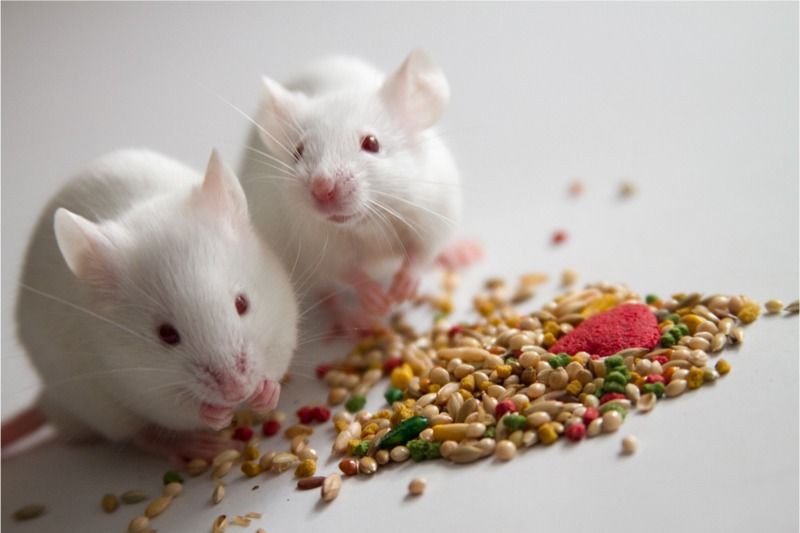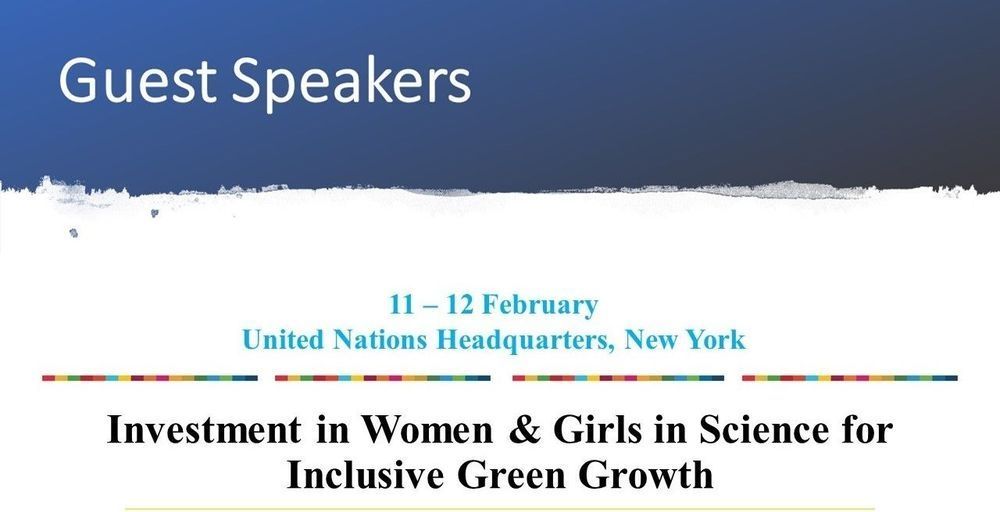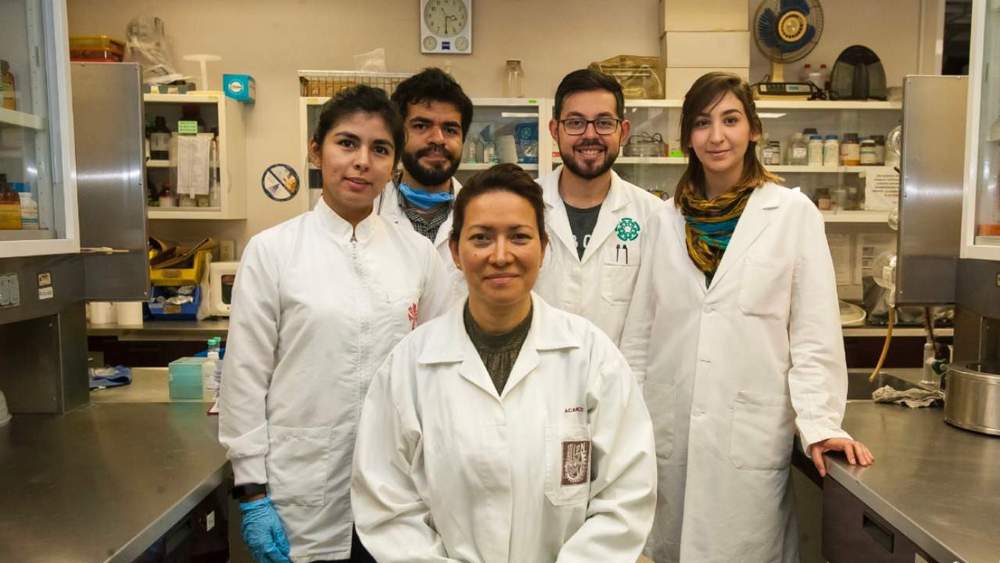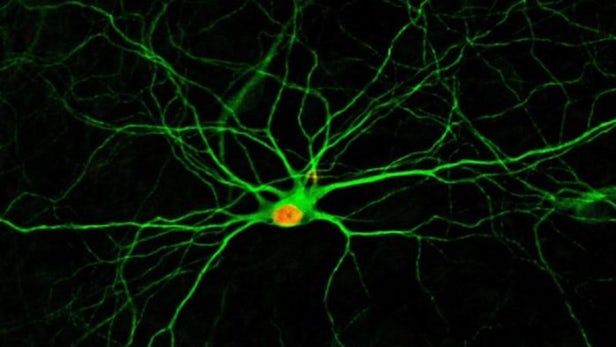Page 9061
Feb 11, 2019
Elon Musk: A Round-Trip Ticket to Mars Will Cost Just $100,000
Posted by Montie Adkins in categories: economics, Elon Musk, space travel
“Very dependent on volume, but I’m confident moving to Mars (return ticket is free) will one day cost less than $500k & maybe even below $100k,” he wrote. “Low enough that most people in advanced economies could sell their home on Earth & move to Mars if they want.”
The extraordinary ambition of Musk’s prediction wasn’t lost on some Twitter users. “Fyre Festival Part Deux,” one replied.
Maybe that skepticism is why, in a follow –up reply, Musk seemed to hedge his bets.
Continue reading “Elon Musk: A Round-Trip Ticket to Mars Will Cost Just $100,000” »
Feb 11, 2019
Scientists believe it may be possible to reverse the heart damage caused by aging
Posted by Paul Battista in categories: biotech/medical, life extension
New research, which has been published today in the EMBO Journal, could suggest a new way of preventing heart failure in older patients.
Heart failure occurs when the heart is not pumping blood around the body as well as it should, most commonly when the heart muscle has been damaged – for example, after a heart attack.
Feb 11, 2019
Removing Senescent Cells Improves Heart Health
Posted by Steve Hill in categories: biotech/medical, life extension
Researchers at Newcastle University have shown that clearing out senescent cardiac muscle cells from the hearts of aged mice restores heart health.
It seems that not a month goes by without a new study showing that senolytics, drugs that remove aged and damaged cells from the body, improve organ or tissue function by reversing some aspects of aging. A new study has shown that removing senescent cells from the hearts of old mice restores heart health and alleviates the detrimental effects of cardiac aging, including myocardial hypertrophy and fibrosis.
Feb 11, 2019
Science Doesn’t Care What You Believe added a new photo
Posted by Michael Lance in category: science
See more of Science Doesn’t Care What You Believe on Facebook.
or.
Continue reading “Science Doesn’t Care What You Believe added a new photo” »
Feb 11, 2019
International Day of Women and Girls in Science
Posted by Caycee Dee Neely in category: science
Mars One is done.
“The company that aimed to put humanity on the red planet has met an unfortunate, but wholly-expected end. Mars One Ventures, the for-profit arm of the Mars One mission was declared bankrupt back in January but wasn’t reported until a keen-eyed Redditor found the listing.”
Fancied being part of a reality TV show about colonizing Mars? Sorry.
Feb 11, 2019
Scientist finds cure for HPV infection, cervical cancer after 20 years of trying
Posted by Genevieve Klien in categories: biotech/medical, health
This HPV cure comes at a time when cervical cancer cases are quickly becoming the leading cause for death among female cancer patients around the world, the World Health Organisation (WHO) said in a statement.
The researchers specialise in early detection and photodynamic therapy to fight HPV and have succeeded in winning the ultimate battle — a 100 percent cure — after twenty years of tweaking the treatment.
Tech2 is now on WhatsApp. For all the buzz on the latest tech and science, sign up for our WhatsApp services. Just go to Tech2.com/Whatsapp and hit the Subscribe button.
Feb 11, 2019
Converting cells into new neurons could lead to a pill that repairs brain damage
Posted by Genevieve Klien in categories: biotech/medical, neuroscience
As powerful as the human brain is, once it’s damaged it can’t really recover completely. Now researchers at Penn State may have found a way to boost the brain’s regenerative abilities, using certain molecules to convert neighboring cells into new neurons. The technique could eventually lead to pills that treat brain injuries, stroke or Alzheimer’s disease.
